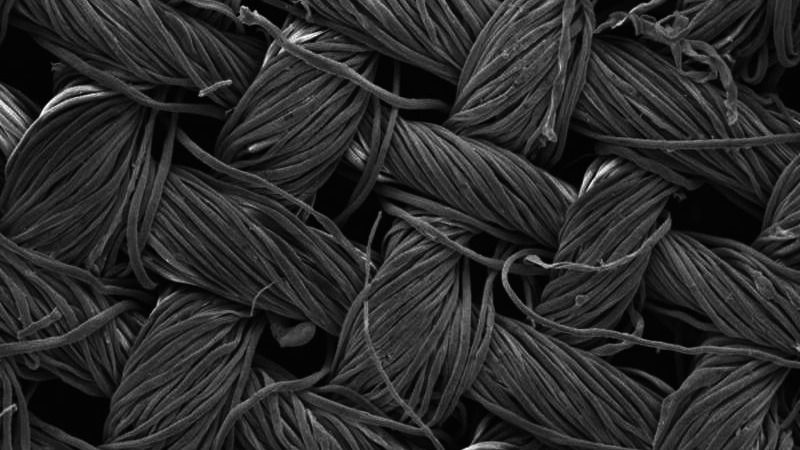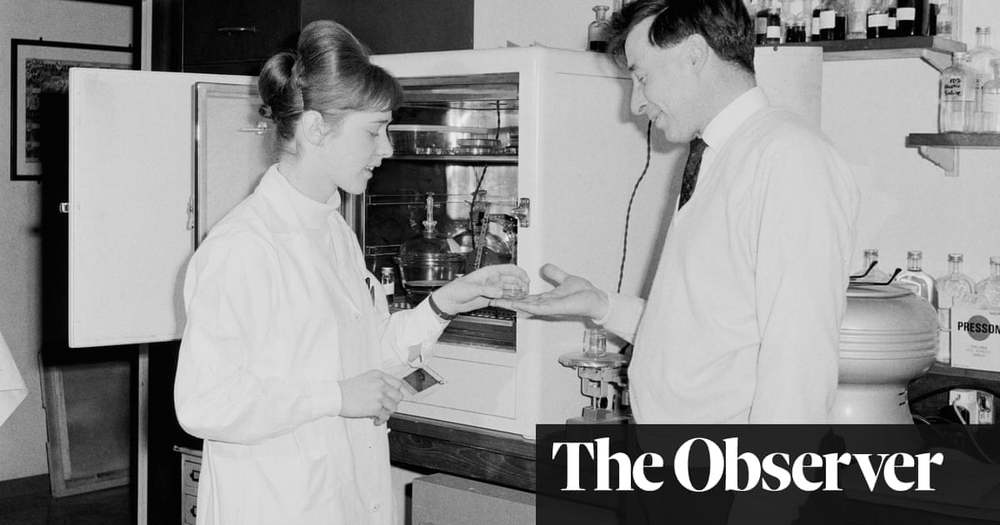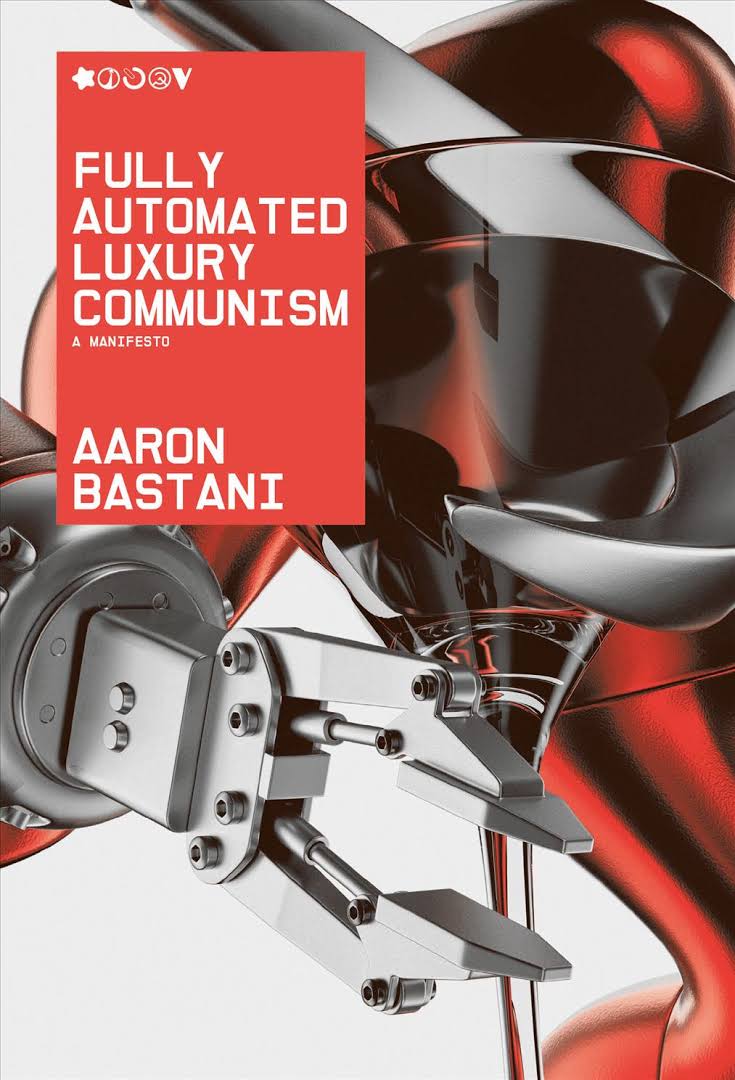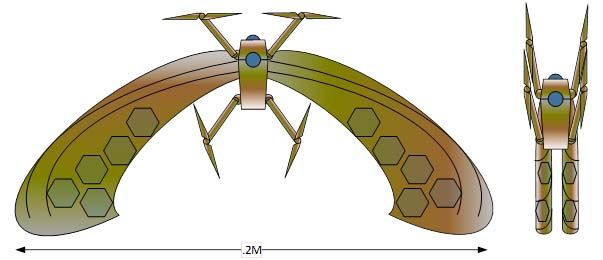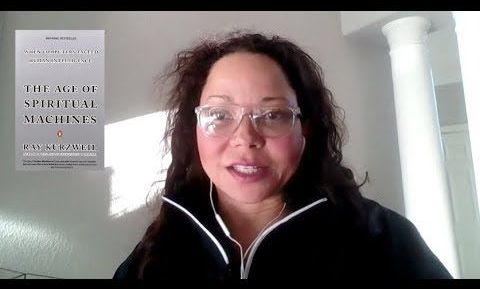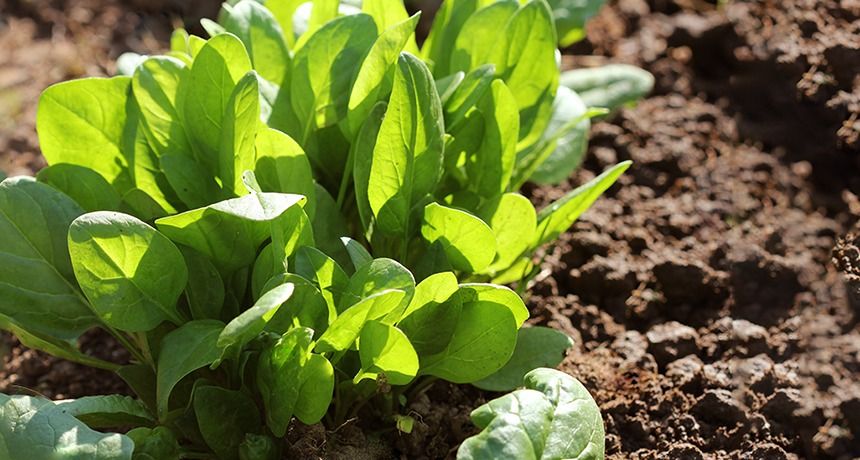Germany has opened the first three-mile stretch of a bicycle highway that will eventually span over 62 miles, connecting 10 western cities including Duisburg, Bochum, and Hamm, as well as four universities. And this highway is an entirely separate roadway that will remain completely car-free.
Circa 2016
Not a big fan of laundry day? Well what if you could wash your clothes just by stepping into the sunshine? Thanks to researchers at RMIT University in Melbourne, a self-cleaning textile could make that possible in the very near future. With the help of special nanostructures grown directly into the fabric, these new textiles could degrade organic matter like dirt, dust, and sweat when exposed to a concentrated light source.
To achieve this effect, the nanostructures used by the RMIT University team are made copper and silver. These metals are great at absorbing visible light, and when they’re exposed to light from the sun or even a light bulb, the nanostructures react with increased energy that creates “hot electrons”.
Hot electrons have to expend their excess energy somehow, and in this case they do so with a rapid burst that lets the nanostructures degrade organic molecules. Once a light source is introduced, the nanostructures take less than six minutes to break down organic matter — in effect cleaning themselves completely.
The five: unsung female scientists
Posted in futurism
The history of science has often seen women’s work overlooked and their credit stolen.
AMI 750
Posted in biotech/medical
The AMI 750, acoustic therapeutic sound instrument, has been described as the most effective device for stress and pain relief in the market today.
As our most popular product, the AMI 750 provides access to ten therapeutic sound channels and is utilized by professional healthcare practitioners and private owners worldwide.
Weighing less than 9 pounds and measuring 14.5 × 14 × 3 inches, it is easy to transport from room to room or in a carry-on bag for travel.
David Wood
I find myself in a great deal of agreement with Fully Automated Luxury Communism (“FALC”), the provocative but engaging book by Novara Media Co-Founder and Senior Editor Aaron Bastani.
It’s a book that’s going to change the conversation about the future.
Again, it’s all good stuff, essentially what I would hope for out a next-gen Deus Ex, but it’s still a little difficult to judge these elaborate upgrade trees without actually getting the opportunity to move through them at the intended pace. From what we can see, it’s plenty deep: there is the opportunity to build a hacking-fluent cyber ninja, and I’m going to guess that a good chunk of people playing this game are going to go that route.
‘Cyberpunk 2077’ is clearly stretching the limits of what’s possible on Xbox One and PS4.
Joel Aud
The Mad Scientist team executed its 2019 Science Fiction Writing Contest to glean insights about the future fight with a near-peer competitor in 2030. We received 77 submissions from both within and outside of the DoD. This story was one of our semi-finalists and features a futuristic look at warfare and its featured technologies.
Nichol Bradford, MBA, is the CEO & Founder of the Willow Group and the Executive Director and co-founder of the Transformative Technology Lab, Conference, and TT200 List. Prior to becoming a leader in Transformative Technology, Bradford was a senior executive in video games with responsibility for strategy, operations and marketing for major brands that include: Activision Blizzard, Disney, and Vivendi Games — including operating World of Warcraft China. Nichol is a graduate of Singularity University GSP15, has an MBA from Wharton School of Business in Strategy. She is author of a novel, The Sisterhood.
Here she describes developments in the emerging industry of transformative technology. She points out that, in the next 25 years, enormous numbers of jobs will be displaced by automation. This challenge, and others, make it essential that people large numbers of people actualize more of their innate potential. Technology can assist in this process — particularly when it is scalable and can be afforded by the millions. She emphasizes a variety of technological advances while emphasizing the importance of ethics, privacy, and data sovereignty.
New Thinking Allowed host, Jeffrey Mishlove, PhD, is author of The Roots of Consciousness, Psi Development Systems, and The PK Man. Between 1986 and 2002 he hosted and co-produced the original Thinking Allowed public television series. He is the recipient of the only doctoral diploma in “parapsychology” ever awarded by an accredited university (University of California, Berkeley, 1980).
(Recorded on February 18, 2019)
Popeye would be proud.
Popeye uses spinach to power his muscles. Now, scientists are looking to spinach as a power source for making electricity.
A solar cell converts sunlight into electricity. Most of these, today, are made of a material called silicon. The new device instead uses proteins from spinach and from a bacterium called Rhodobacter sphaeroides.
To make the solar cell, a team of biologists and chemists at the Massachusetts Institute of Technology in Cambridge extracted certain light-sensitive proteins from the spinach and the bacteria. They placed about 2 billion of these proteins on a piece of glass. They made the proteins stick by embedding them in a special framework that looks and acts like a cell membrane.

